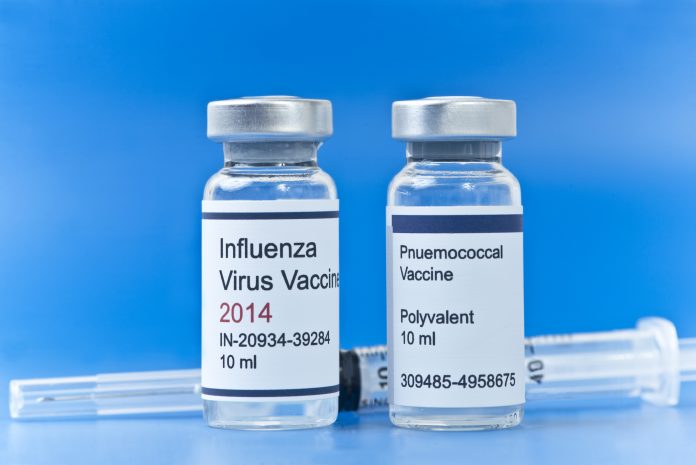A report published by the International Longevity Centre UK (ILC-UK), supported by Sanofi Pasteur, suggests that efforts to increase vaccination coverage need to present immunisation as a positive and healthy lifestyle choice
In the context of an ageing world, flu represents a growing threat to health and the resources of health services. However, developed countries continue to fall behind WHO uptake targets for adult flu vaccinations. Between 2005 and 2015, across the OECD, the average rate of influenza vaccination among people aged 65 and over decreased from 49% to 43%, significantly below the 75% target.
Structural barriers such as access to care, vaccine availability, and wider socioeconomic factors are known to impact and limit vaccine uptake, but ILC-UK’s research, including interviews with older people and stakeholders across the UK, Canada, Australia and Japan, reveals that attitudes towards flu vaccinations are key to influencing vaccination behaviour.
The interviews highlight that while older people feel responsible for their own health, vaccinations continue to be associated with childhood and earlier stages of life, resulting in a lack of awareness around the importance of immunisation across the life course. A stakeholder spoken to as part of the research in Australia said: “I think primary care works really well for kids, we’ve got it ingrained in our heads to go take our kids to the GP, to get them vaccinated, but I just don’t think it’s working in an adult space.”
Concerns around the effectiveness of flu vaccinations also continue to be widespread. A woman in the UK argued that “if you get your flu vaccination then you get the flu”. An older man from Australia said: “Well, if I took the vaccination I’d end up with the bloody flu and that could compromise my health in a dramatic way”.
Moreover, many members of the public believe that vaccinations are only needed for those in ill health and frailty, thus associating vaccination with negative perceptions of ageing. An older woman from Australia argued: “Right now, I just guard myself with vitamin C and proper food and that, so that my immune system will be stronger. “
As such, ILC-UK argue that there is a need to raise awareness around the effectiveness of seasonal flu vaccines and reframe flu vaccinations not as an intervention for the very ill or frail, but as a healthy lifestyle choice that form part of people’s wider health behaviours to promote wellbeing throughout the life course.
Dan Holden, Senior Research Fellow, ILC-UK, said:
“We need to reframe the messaging around seasonal flu vaccination, to make the flu jab a positive lifestyle choice just like taking vitamins or going for a walk.”
“Healthcare professionals and the media play a key role in this space, but we are all responsible to communicate positive messages about vaccination within our families, our friends, as well as the wider community.”
Martin Friede, WHO, said:
“Vaccines can contribute enormously to the well-being of older adults, but we are not doing enough to measure and communicate what the benefits could be.”
Jane Barratt, Secretary General, International Federation on Ageing (IFA), said:
“Dispelling myths around adult vaccines is a key to improving uptake rates. Healthy older people are at-risk of vaccine preventable diseases such as influenza and pneumonia. It really hits home though when these infections prevent us from being grandparents, volunteers and contributing members of the society.”











